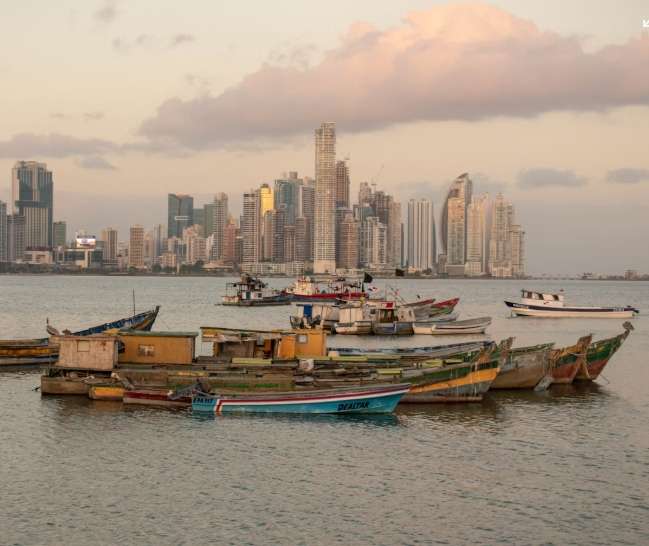Panamanian Deportees Express Desire for Repatriation
Panama has become a temporary haven for nearly 300 migrants recently deported from the United States, a consequence of the ongoing efforts by the U.S. government to curb illegal immigration. These individuals, primarily originating from Asia and the Middle East, were transported to Panama on three separate flights. Currently housed in a Panama City hotel, they are under the protective custody of local authorities, with the U.S. government providing financial support for their care through international organizations like the International Organization for Migration and the UN refugee agency. This complex situation underscores the challenges of managing international migration flows and the delicate balance between national security concerns and humanitarian responsibilities.
Panamanian Security Minister Frank Abrego has reported significant progress in facilitating the voluntary return of these migrants to their home countries. Over half of the deported individuals, numbering 171, have already consented to repatriation. The remaining migrants are expected to depart gradually as the UN finalizes travel arrangements. This development highlights the collaborative efforts between Panama, the United States, and international organizations to address the immediate needs of these displaced individuals and find durable solutions that respect their individual circumstances and desires.
The logistical and humanitarian challenges associated with this migrant relocation are substantial. Authorities are preparing to transfer the remaining migrants from the Panama City hotel to a shelter situated near the Darien Gap, a dense and perilous jungle region connecting Central and South America. This transition raises concerns about the safety and well-being of the migrants, given the challenging terrain and potential risks associated with the Darien Gap crossing. It also underscores the need for continued international support and collaboration to ensure the humane treatment and safe passage of these vulnerable individuals.
The situation further illuminates the broader regional dynamics of migration flows. Discussions between Panamanian President Jose Raul Mulino and U.S. Secretary of State Marco Rubio have focused on the potential expansion of an existing agreement with the U.S. Department of Homeland Security. This agreement, signed in July, currently allows Panama to repatriate Venezuelan, Colombian, and Ecuadorian migrants. An expansion could broaden the scope of repatriation efforts and further impact migration patterns within the region. These high-level discussions reflect the ongoing dialogue and cooperation between the two countries in addressing shared migration challenges.
The implications of these developments extend beyond the immediate situation of the deported migrants currently in Panama. The agreement between Panama and the U.S., and its potential expansion, signify a broader trend of international cooperation in managing migration flows. This includes strategies for repatriation, border security, and addressing the root causes of migration. The ongoing collaboration between Panama and the United States represents a microcosm of the larger global conversation around migration management, highlighting the complexities and the need for multifaceted approaches.
The unfolding situation in Panama serves as a stark reminder of the human dimension of migration. These individuals, caught in the crosscurrents of international policy and personal circumstances, find themselves displaced and seeking stability. Their journey underscores the urgency and importance of finding humane and sustainable solutions to the global migration crisis. The collaboration between Panama, the United States, and international organizations offers a glimmer of hope, demonstrating the potential of collective action to address this complex challenge and ensure the well-being of those seeking a better life.
Share this content:












Post Comment